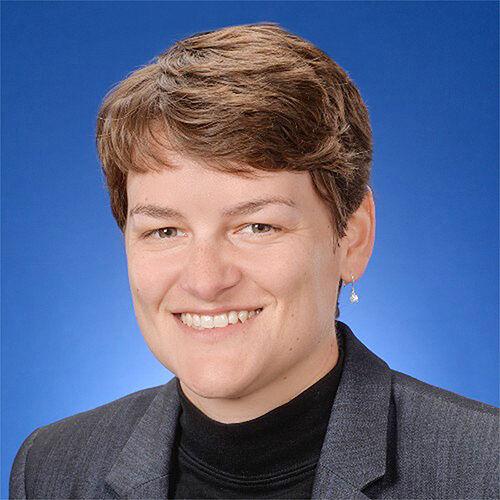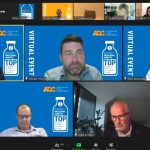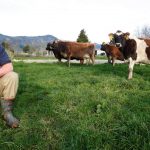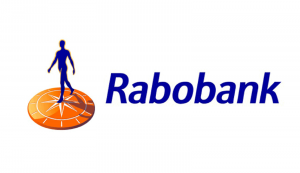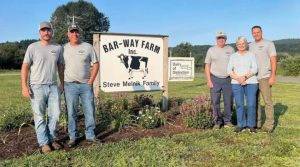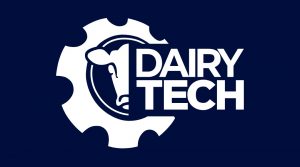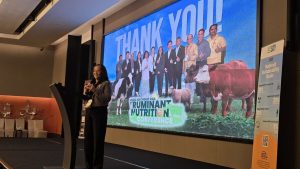
Sustainability is a word that can have a lot of different definitions, and it’s full of value judgments, said Sara Place, chief sustainability officer for Elanco Animal Health.
“But there is broad agreement that it’s about balancing environmental, social and economic issues, and it’s about a long-term focus,” she said in the latest “Dairy Download” podcast.
Zooming in on the dairy industry, it’s about producing safe, nutritious food with environmental stewardship, economic vitality and social responsibility from a long-term perspective, she said.
That’s a broad definition, but it has to be because there are many different ways to achieve sustainability. The right mix and balance can vary from operation to operation and over time, she said.
Elanco helps producers on a day-to-day basis with technical consultants, whether it’s issues popping up or in evaluating their business.
“What’s unique is you can of course translate a lot of that information into environmental outcomes as well,” she said.
Looking at animal diets, feed intake and milk production, for example, can lead to measuring the carbon footprint.
Elanco also provides educational opportunities to help producers understand where they are, she said.
The dairy industry is becoming more and more interested in the concept of net zero emissions and trying to reduce emissions substantially.
Net zero is “really thinking about having no additional greenhouse gas emissions added to the atmosphere from the system,” she said.
Those can be emissions that come from the animal itself, the manure, feed production and any electricity or fuel used on the farm, she said.
The industry is also aspiring to increase carbon sequestration with things like cover crops and no-till systems, she said.
Research also shows that methane emissions actually don’t have to equal zero to have no further warming impact or new climate impact, she said.
“And ultimately that is what we care about when we talk about net zero,” she said.
That terminology essentially comes from the Paris Climate Accord and trying to keep within a certain level of warming, she said.
“That’s a really positive thing from a standpoint of making the goal of being net zero and having no additional warming impact with the dairy industry realistic. It gives us key levers to pull from a standpoint of methane digesters and ways we can intervene with enteric methane emissions and recognizing they don’t have to be zero to have zero climate impact,” she said.
Elanco is focused on how its products and services can improve animal health and productivity to produce more high-quality protein for people while having a low environmental impact, she said.
She’s definitely seen an evolution in agriculture’s willingness to engage in the topic of sustainability. Producer groups and agribusiness companies are more comfortable talking about it although the industry is still on a learning curve, she said.
“I think what’s also changed and evolved is really setting a stake in the ground and different industry groups setting goals,” she said.
That also changes the way agriculture talks about sustainability.
“Rather than saying as animal agriculture essentially, ‘pardon us, we’re not as bad as you think we are,’ we’re forward-looking in saying, ‘This is what we’re going to do,’” she said.
